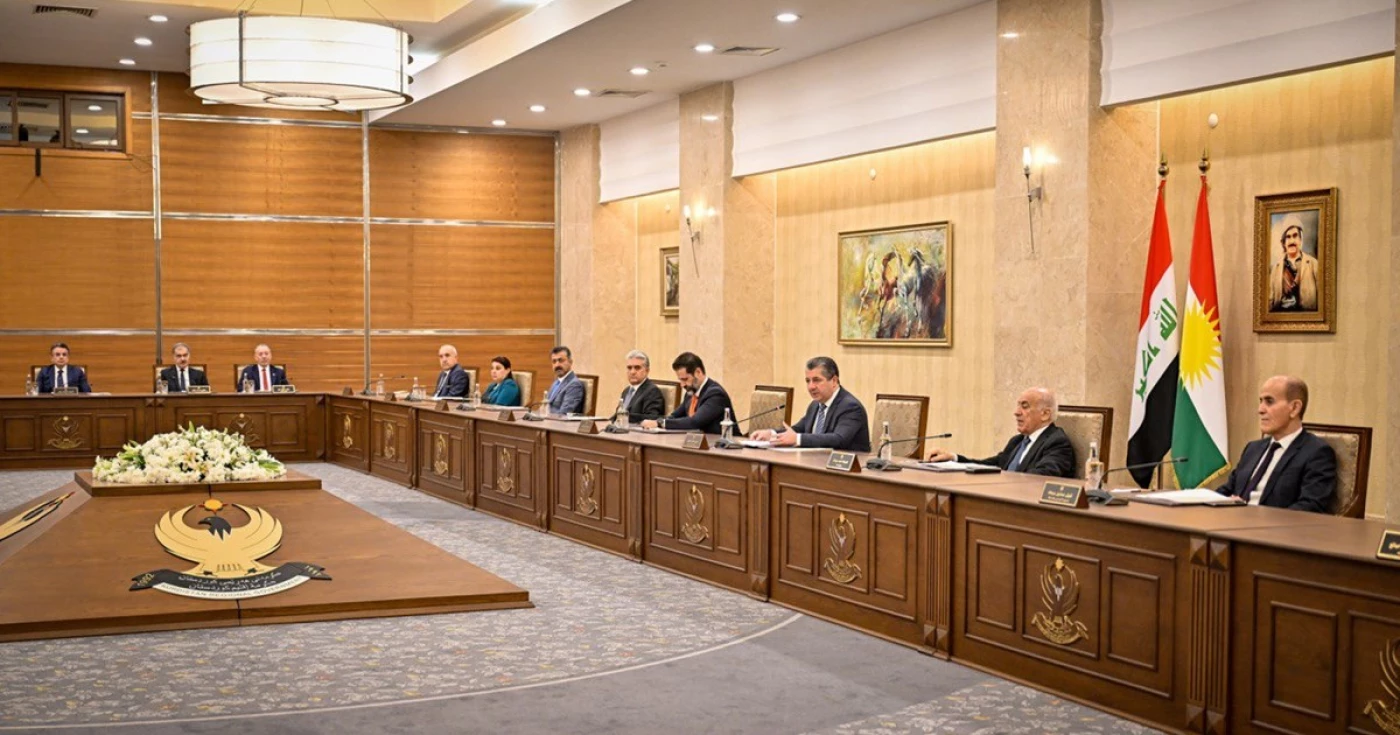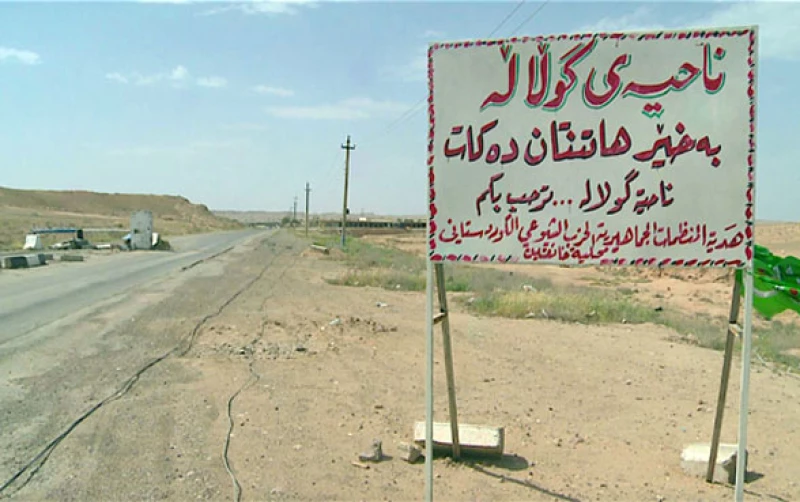ERBIL, Kurdistan Region of Iraq – The Kurdistan Region’s Council of Ministers on Wednesday convened a regular meeting, during which Prime Minister Masrour Barzani said that he has sent a letter to the Iraqi Federal Supreme Court regarding the salaries of the Kurdistan Region’s civil servants.
“We continue our efforts to solve this problem, and to that end, in the last couple of days, we have sent a message to the federal court regarding the illegality and unconstitutionality of the decision to suspend salaries and the Kurdistan Region’s financial entitlements by the federal finance ministry,” read a statement from the prime minister’s office, quoting Barzani.
The premier expressed hope that the top court would respond with a “positive decision in the interest of Kurdistan’s people,” particularly as the Kurdistan Regional Government (KRG) has “fulfilled all of its constitutional commitments,” and demands that its “constitutional rights be respected and financial entitlements disbursed” in return.
In a letter addressed to the KRG, Iraqi Finance Minister Taif Sami said in late May that they are “unable to continue funding the Region,” arguing that the Region has exceeded its 12.67 percent share of the annual budget, totaling 13.5 trillion dinars, claiming that between 2023 and April 2025, the Kurdistan Region had handed over only 598.5 billion dinars out of its total combined oil and non-oil revenues of 19.9 trillion dinars.
Civil servants in the Kurdistan Region have borne the brunt of a long-standing budgetary conflict between the Iraqi government and the KRG. Economic sanctions and pressure on Erbil by federal authorities have forced employees in the Region to live from paycheck to paycheck, and at times, the paychecks do not arrive monthly.
The decision sparked outrage among the Kurdistan Region’s public as well as the officials and politicians of the Region, who decried the decision as “political”, ultimately leading to a lawsuit filed against the finance ministry by the Region’s civil servants at the Federal Supreme Court in early June.
Iran-Israel conflict
The meeting then addressed recent regional dynamics, particularly the military escalations between Iran and Israel, which started on Friday after Israel attacked Iran’s nuclear facilities and killed dozens of the country’s top military leaders, prompting a response by Tehran that has seen the two countries trading missiles since, leaving hundreds dead, thousands injured, and millions caught in the crossfire.
The council stressed the “unwavering stance of the Kurdistan Region, which has always opposed war, tension and destruction,” adding that Erbil has always been “an important factor of peace, tranquility, and stability, and will not be a threat to any of its neighboring countries or any other party.”
The Kurdistan Region Presidency on Friday condemned the Israeli attack, arguing that the move “complicates the security and stability of the region,” while calling on the international community to intervene and stop further escalation of tensions.



 Facebook
Facebook
 LinkedIn
LinkedIn
 Telegram
Telegram
 X
X


